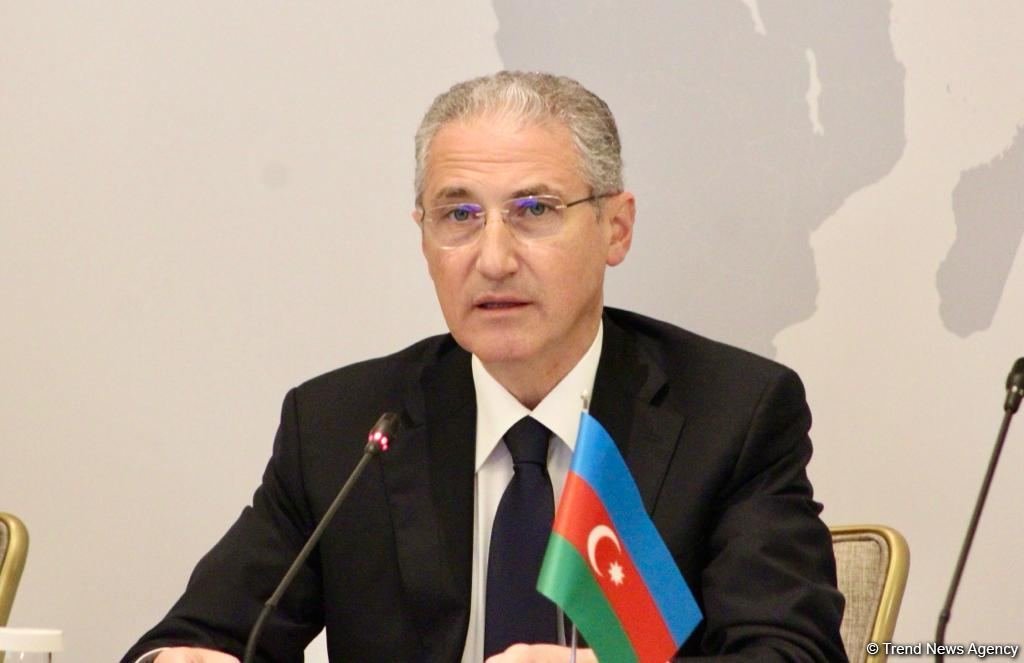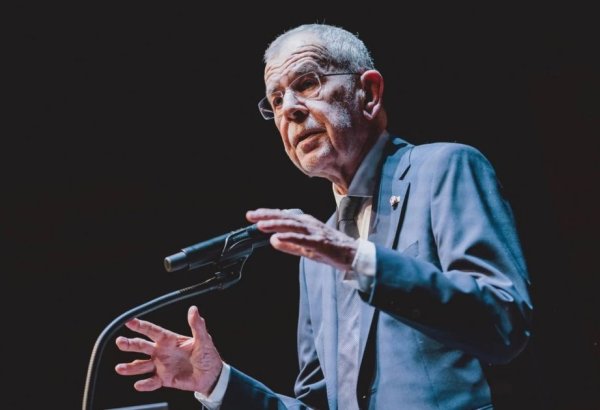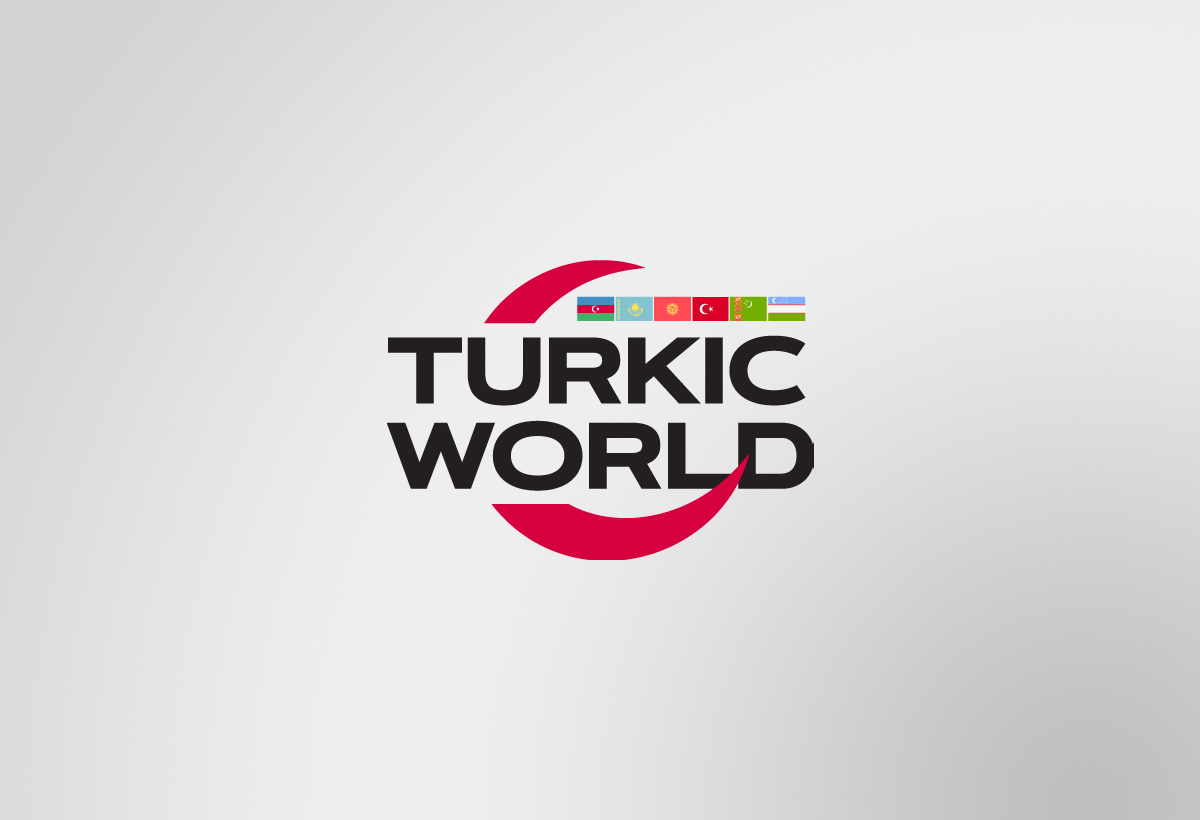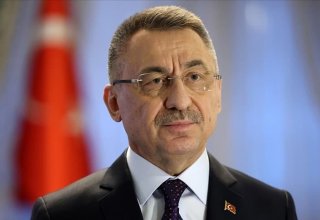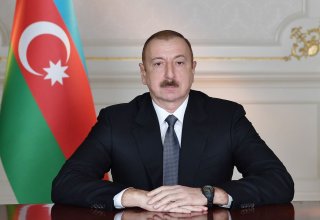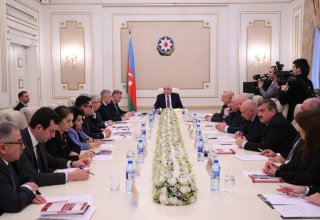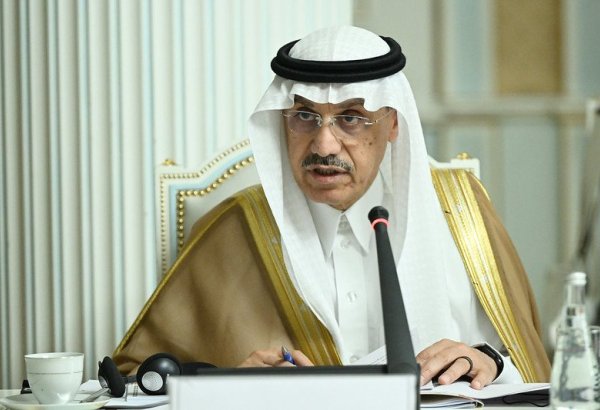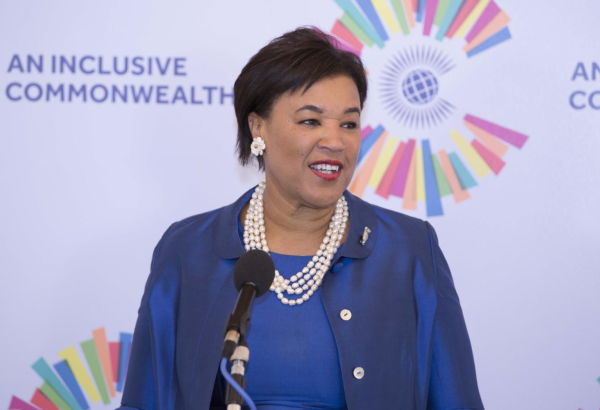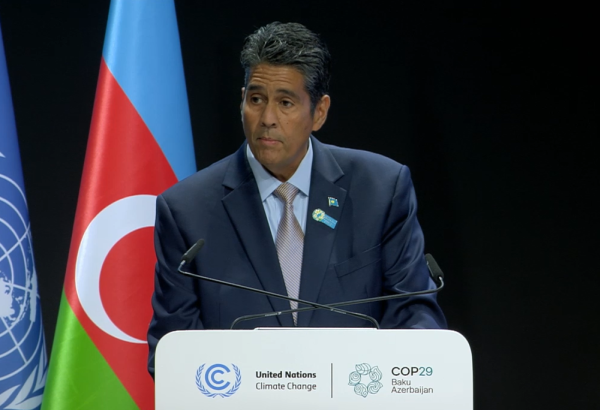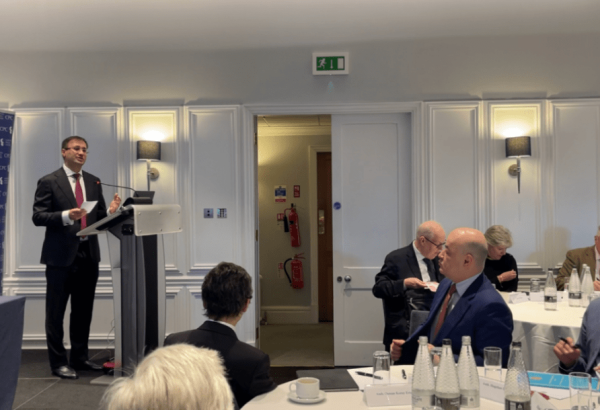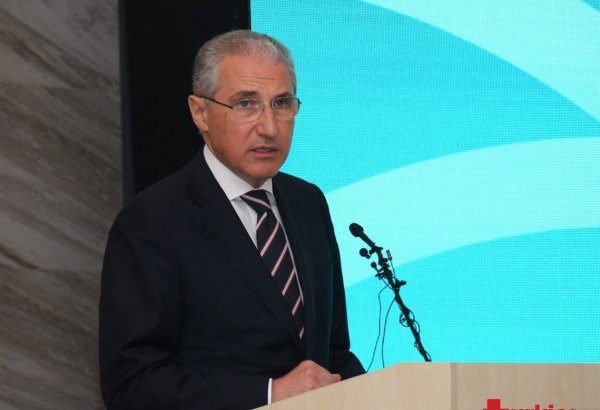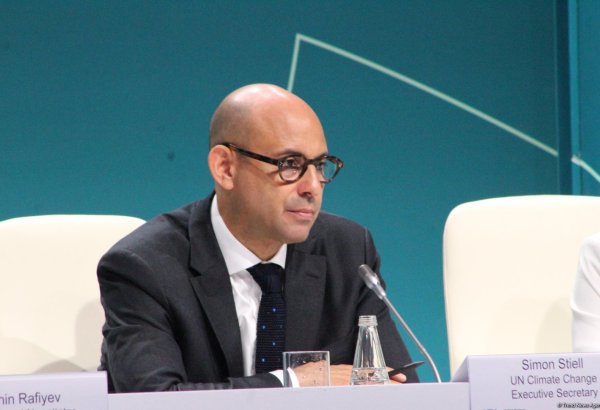BAKU, Azerbaijan, July 9. Reaching a consensus on the two sub-clauses of Article 6 of the 2015 Paris Climate Agreement is a key and challenging topic of debate for the upcoming COP29, which revolves around the trading of reduced greenhouse gas emissions, also known as carbon credits, and the implementation of the new mechanism of the UN Framework Convention on Climate Change (UNFCCC), and this mechanism involves climate projects for transactions with carbon quotas and credits, COP29 President, Azerbaijani Minister of Ecology and Natural Resources Mukhtar Babayev told TurkicWorld in an exclusive interview.
"The adoption of Article 6 of the Paris Climate Agreement is the subject of numerous negotiations between previous COPs and the upcoming COP29 in Baku. Some issues have been agreed upon, some have not. If countries can come to an agreement on Article 6, which includes the most important subparagraphs 6.2, 6.4, and 6.8, then this will be a very important decision at COP29," he said.
According to Babayev, there is a lot of controversy surrounding subparagraphs 6.2 and 6.4.
"Parties choose to pursue voluntary cooperation in the implementation of their nationally determined contributions to allow for higher ambition in their mitigation and adaptation actions and to promote sustainable development and environmental integrity," Article 6 of the Paris Agreement reads.
Article 6 essentially defines three mechanisms (subsections 6.2, 6.4, and 6.8) to incentivize the reduction of greenhouse gas emissions: 1) accounting and trading emission reduction results between UN countries (i.e., carbon quotas — Article 6.2); 2) implementing climate projects in accordance with the UN's centralized mechanism for trading carbon quotas and credits (Article 6.4, overseen by a special supervisory body of the UN Framework Convention on Climate Change); and 3) so-called non-market approaches to mitigating the effects of climate change and corresponding economic adaptations (Article 6.8).
"So far, the rules for applying Article 6 in subsections 6.2 and 6.4 have not been agreed upon, while there is already a ready document for Article 6.8," Babayev also said.
Carbon quotas are essentially an accounting of how a country (or company) has managed to reduce emissions of certain volumes (in kilograms or tons) of greenhouse gases through technologies or other methods during various production operations.
In other words, carbon quotas have specific numerical indicators, and such quotas can be sold by the party that has met or exceeded its obligations to reduce greenhouse gas emissions to another party that has failed to meet its emission reduction obligations.
Under the Paris Agreement's Article 6, once agreed upon, countries, companies, and even private individuals will be able to purchase carbon quotas.
The persisting disagreements in the positions of the negotiating parties in subsections 6.2 and 6.4 include the risk of double-counting the results of project activities concerning greenhouse gas emissions and several nuances regarding the transfer or sale of unused carbon units (quotas).
Babayev noted that COP29 in Baku will create platforms for discussing other issues and initiatives.
As part of the initiatives, there is a proposal from the Caribbean countries, which has the support of UN Secretary-General António Guterres, to potentially introduce a 'solidarity tax' during COP29 in Baku.
"The Caribbean countries have proposed a 'solidarity tax' (to address climate issues) on sectors such as shipping- for the transport of goods by sea, aviation - for the sale of business-class tickets or the organization of charter flights, and fossil fuel extraction—for companies engaged in the extraction sector. This is a subject of discussion. Platforms for discussing this initiative may be opened at COP29," explained Babayev.
In addition to sharing other ideas leading up to COP29, the UN Secretary-General made note of this endeavor on social media.
"Increasing the financing capacity of multilateral development banks and drawing in additional private finance for climate initiatives are imperative. Developed nations should also meet their obligations, which include making sizeable payments to the new Loss and Damage Fund, and doubling the amount of money allocated to climate adaptation," said Guterres.
He also backed cutting-edge financial strategies, such as putting a price on carbon and levying taxes on the windfall gains of fossil fuel companies.
The COP conferences are held under the auspices of the UN. Additionally, other high-level meetings, including high-level dialogues involving the International Energy Agency (IEA), are held in close partnership with the UNFCCC.
Babayev announced that the third high-level COP29-IEA dialogue will take place in September in New York.
"The previous, second dialogue was held on June 24 in London, during which discussions focused on how to increase investments in clean energy, especially in developing countries," the minister reminded.
The first high-level COP29-IEA dialogue took place on May 15 in Paris and was dedicated to the implementation of the results of COP28 (which was held in December in Dubai), including commitments to triple global renewable energy capacity by 2030."
This November, Azerbaijan will host COP29. This decision was made at the COP28 plenary meeting held in Dubai on December 11 last year. Baku will become the center of the world and will receive about 70–80,000 foreign guests.
The United Nations Framework Convention on Climate Change is an agreement signed at the Earth Summit in Rio de Janeiro in June 1992 to prevent dangerous human interference with the climate system. COP—the Conference of the Parties—is the highest legislative body overseeing the implementation of the Framework Convention on Climate Change. There are 198 countries that are parties to the Convention. Unless the parties agree otherwise, the COP is held annually. The first COP event took place in March 1995 in Germany's Berlin, with its secretariat in Bonn.








